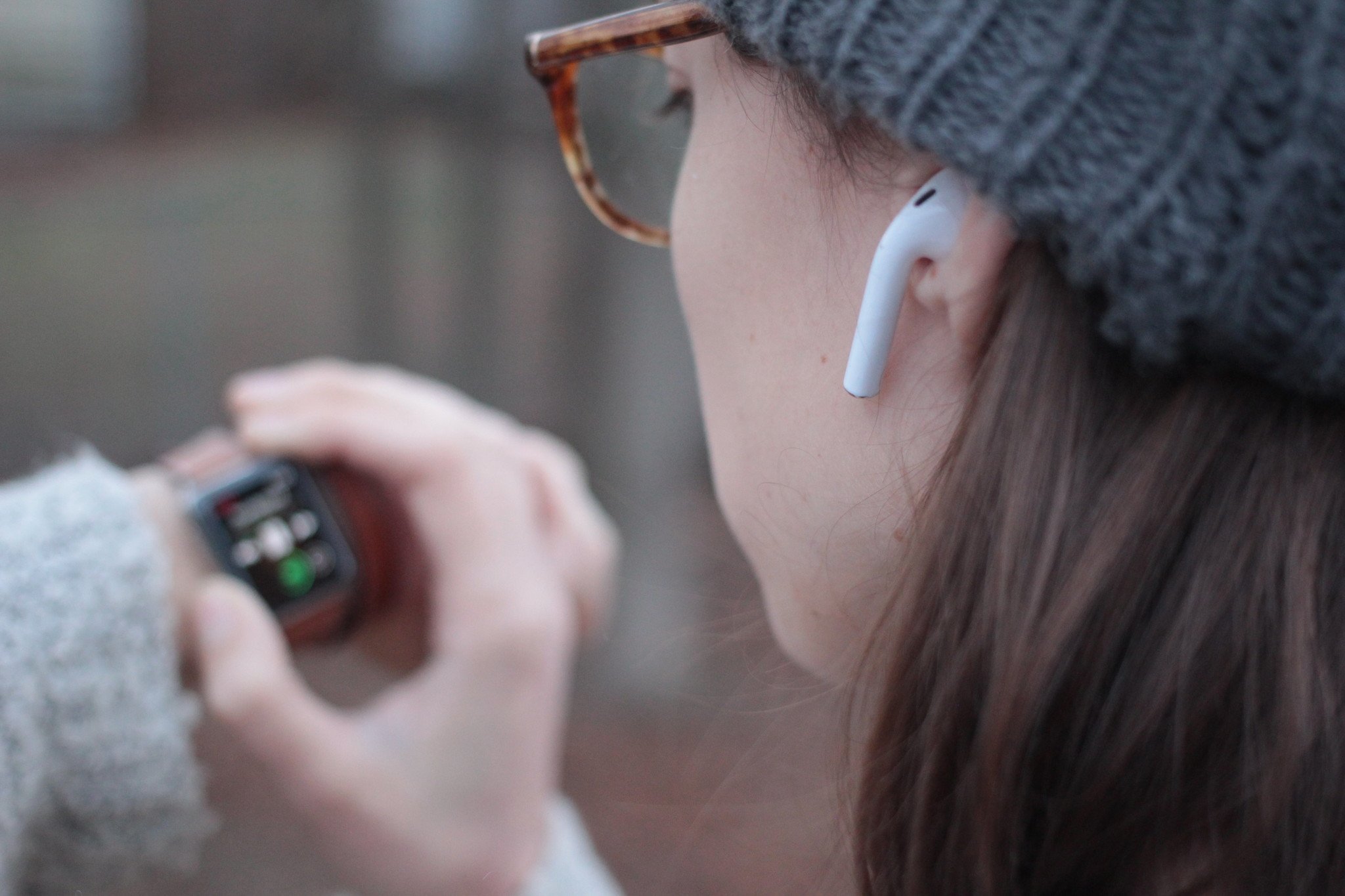Smartwatches and fitness trackers are now worn by 1 in every 5 Americans

What you need to know
- The study was carried out by the Pew Research Center.
- 4,272 U.S. adults responded.
- Most results were probably predictable.
A new survey by the Pew Research Center (via 9to5Mac) found that 21% of American adults wears either a smartwatch or some other form of fitness tracking device.
Predictably, income and education – both potentially linked – are big indicators as to whether someone wears a smartwatch or fitness tracker, with almost a third of those in homes earning more than $75,000 per year wearing a device.
As is true with many other forms of digital technology, use of these devices varies substantially by socioeconomic factors. Around three-in-ten Americans living in households earning $75,000 or more a year (31%) say they wear a smart watch or fitness tracker on a regular basis, compared with 12% of those whose annual household income falls below $30,000. Differences by education follow a similar pattern, with college graduates adopting these devices at higher rates than those who have a high school education or less.
Gender, race, and ethnicity also saw differences in whether someone wears a device or not, although there wasn't as large of a divide.
There are more modest differences by gender and race and ethnicity. Women are more likely than men to say they regularly use these devices (25% vs. 18%). Hispanic adults are more likely than whites to report regularly wearing a fitness tracker (26% vs. 20%), while black adults fall in between at 23%.
Interestingly, it appeared that people who wore devices that tracked their health were more likely to want their health data to be shared with researchers than those who don't.
In addition, Americans who use fitness trackers are far more supportive of sharing data from these devices with health researchers than those who don't use these devices. Roughly half of users of fitness trackers (53%) say this is acceptable, compared with 38% of those who do not use fitness trackers.
For its part, Apple continues to dominate the wearables industry, of which Apple Watch is part. When narrowed down to just smartwatches, it's difficult to look past Apple Watch at all.
iMore offers spot-on advice and guidance from our team of experts, with decades of Apple device experience to lean on. Learn more with iMore!

Oliver Haslam has written about Apple and the wider technology business for more than a decade with bylines on How-To Geek, PC Mag, iDownloadBlog, and many more. He has also been published in print for Macworld, including cover stories. At iMore, Oliver is involved in daily news coverage and, not being short of opinions, has been known to 'explain' those thoughts in more detail, too.
Having grown up using PCs and spending far too much money on graphics card and flashy RAM, Oliver switched to the Mac with a G5 iMac and hasn't looked back. Since then he's seen the growth of the smartphone world, backed by iPhone, and new product categories come and go. Current expertise includes iOS, macOS, streaming services, and pretty much anything that has a battery or plugs into a wall. Oliver also covers mobile gaming for iMore, with Apple Arcade a particular focus. He's been gaming since the Atari 2600 days and still struggles to comprehend the fact he can play console quality titles on his pocket computer.
